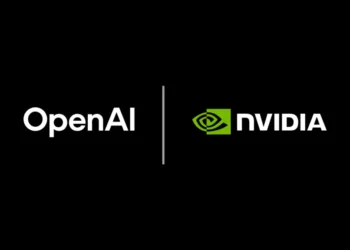OpenAI is now valued at $500 billion, following the sale of approximately $6.6 billion worth of shares by current and former employees to outside investors, Reuters reports. That is roughly an $200 billion increase from the company’s valuation in late March.
According to Reuters, the shares were bought by investors including SoftBank, Abu Dhabi’s MGX, Thrive Capital, T. Rowe Price, and Dragoneer Investment Group. The deal is the immediate driver of the new valuation, which places OpenAI ahead of other high-profile private companies. SoftBank has previously invested approximately $22 billion in the company, and Nvidia recently agreed to a deal that could see it direct up to $100 billion to OpenAI over time, according to earlier reports. Bloomberg describes OpenAI as the world’s largest startup at this valuation, surpassing even SpaceX’s recent $400 billion figure.
OpenAI has also signed a deal with Oracle for what the company described as $300 billion worth of cloud computing over the next five years. Some reports indicate that OpenAI reached approximately $12 billion in annualized revenue as of July, while other coverage suggests that expenses have at times outpaced income and the company has reported losses. OpenAI CEO Sam Altman has warned investors about overheated enthusiasm, saying, “Someone is going to lose a phenomenal amount of money. We don’t know who, and a lot of people are going to make a phenomenal amount of money.” Altman added that, on balance, he thought the trend would be positive for the economy.
Other investors are more cautious. James Anderson, a long‑time tech backer, told the Guardian that the rapid valuation increases for AI companies were “disconcerting” and that the speed and scale of the jumps gave him cause for concern. Broader industry analysis adds to the uncertainty. Deutsche Bank figures have been cited suggesting AI-related investment is propping up parts of the U.S. economy, while Bain & Company’s technology report warns of a potential revenue shortfall as the industry scales, estimating hundreds of billions of dollars would be needed annually to fund data centers through 2030.
These developments impact investors, employees with equity, and the numerous companies that build the infrastructure on which AI models depend. I’d love to hear what you think about this valuation and its likely effects, so please share your thoughts in the comments, and follow us on X and Bluesky.


















